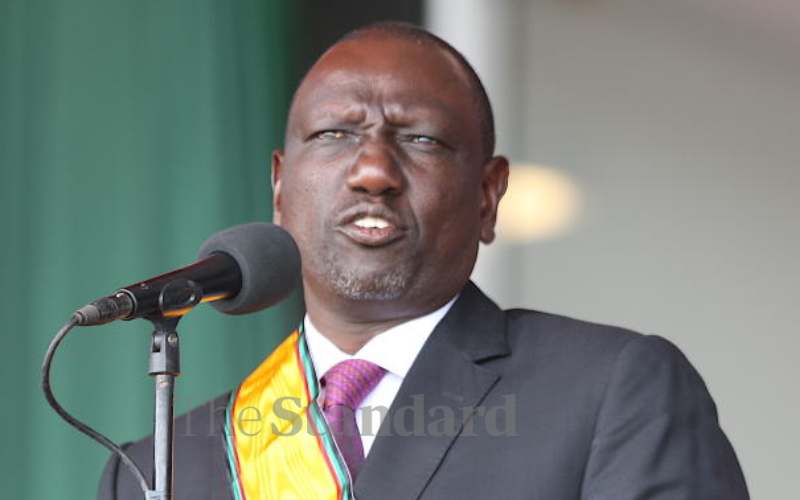×
The Standard e-Paper
Kenya’s Boldest Voice

Deputy President William Ruto giving a speech during the 58th Jamhuri Day Celebrations at Uhuru Gardens, December 12, 2021. [Wilberforce Okwiri, Standard]
Front-runners for the upcoming presidential election in August are playing by their own rules. Ideally, the Independent Electoral and Boundaries Commission should give the green light for campaigns to begin, but it hasn’t.